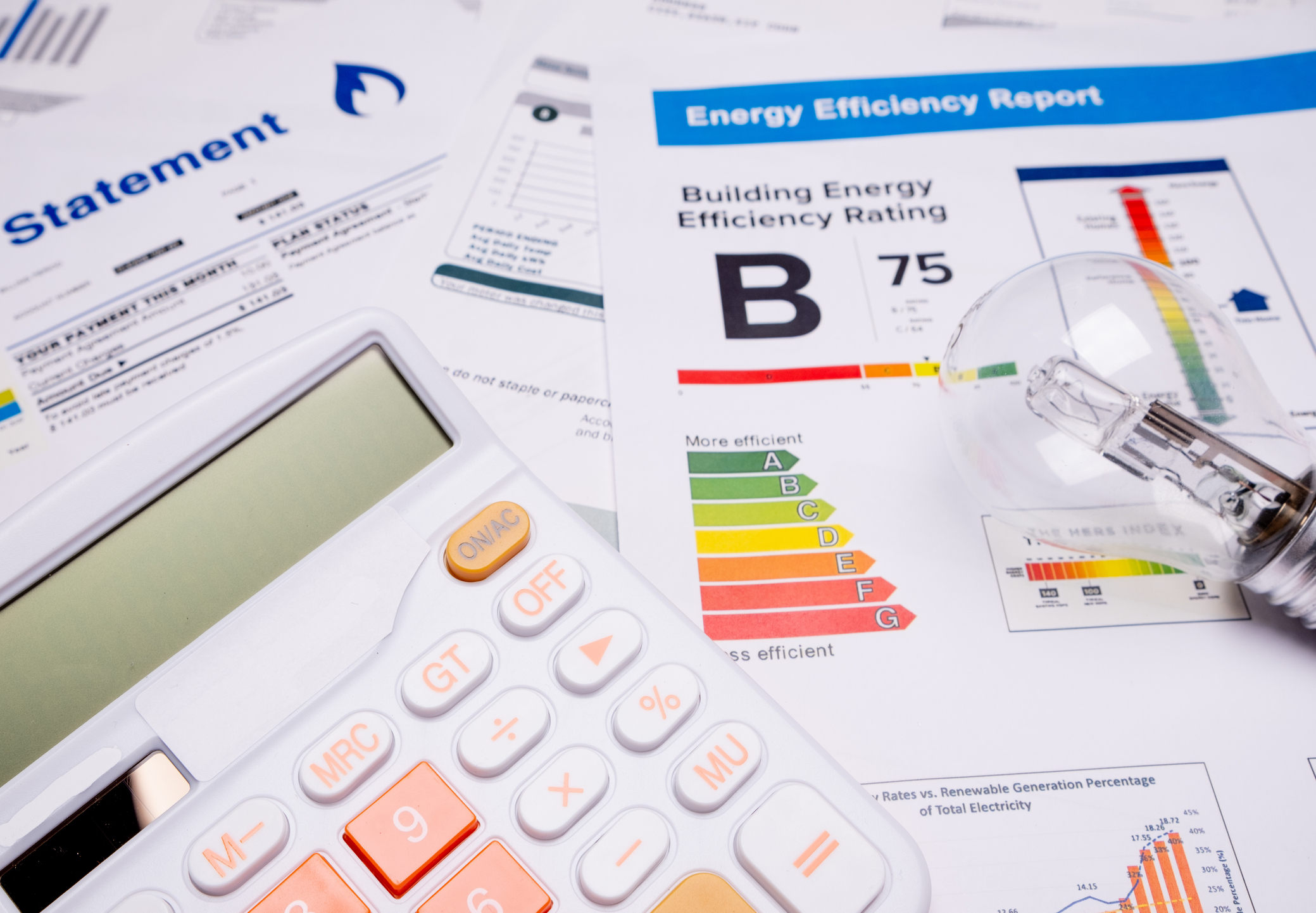Our dependence on energy increases daily, and as energy-dependent technologies advance, ecologists continue to search for ways to conserve the environment. Focusing on energy-efficient appliances is a way to achieve this goal.
Your monthly electric bill may not indicate the specific use of each appliance in your home. However, if you are interested in the outage, you can request a list from your local power company. But about 30% of the charges on your statement come from your devices. This energy use is why the government and most appliance manufacturers encourage consumers to replace standard equipment with new energy-saving equipment.
HVAC Systems
Capacity relates specifically to HVAC systems (as well as smaller items). For example, small coolers may run for extended durations, reducing efficiency. One could be inclined to go more significantly, which may pose efficiency issues because giant air cooler systems cycle into and out of very constantly. A similar idea applies to specific other equipment: one may increase capability by regularly laundering a heavy workload of clothing, but a giant machine isn’t worth it if you never have enough dirty clothes to fill it. The optimal size for a piece of equipment meets your usage requirements.
Energy-Saving
Dishwashers need to have energy-saving options. If somehow the utensils become slightly filthy, a gentle clean will suffice; a full-powered washer would waste too much energy production. Use an “eco” setting to save hydropower while still cleaning thoroughly when necessary.
A comparable choice may exist in washing machines; although it isn’t essential at this point, you may create your own “power conservation” option by using a coolant and a “lesser amount” or “hand wash” option.
More Eco-Friendly Devices
Many individuals evaluate the initial price of proposed equipment, ignoring the “concealed” costs of maintaining the item during its lifespan.
More eco-friendly devices are frequently more costly than their non-energy-efficient counterparts. Furthermore, the decreased energy requirements—for example, High-Efficiency freezers use 20% less energy than standard refrigerators—will save money over time. PACE funding is available for energy-efficient equipment. One may pay down the value funded through time as part of one yearly taxation with this method, eliminating the initial expense of your apt update.
Efficiency Guide
High Efficiency approved devices receive a specific stamp; however, other appliances carry an Energy Guide logo. Such bright stickers give the appliance advanced analytics, such as height, design, and anticipated yearly overhead costs and power usage.
The efficiency guide stickers clarify the money you may pay or save on electricity over the equipment’s lifespan, even if they reflect increased response rates.
Contemporary Refrigerators
Contemporary refrigerators are available in a variety of models and capacities. Per the DOE, refrigerators with doors at the beginning or end are often more productive than corner doors. However, while convenient, additional amenities such as frost machines and water coolers increase the refrigerator’s electricity usage.
Assess the Area
To ensure your new equipment will work, assess the area it will take up. For example, ensure there is more space to properly unlock the door, the cover, and the room for airflow.
Selecting Size and Style
When selecting size and style, purchasing the more costly, powerful model may ultimately benefit your cash in many circumstances.
How to Adopt Electricity Devices
Refunds, limited mortgages, and other reward plans are available to motivate purchasers to adopt electricity devices. Employ Energy Star’s Benefit Finder to look for refunds in your location.
Comparing the Efficacy of or Total Electricity
Exciting news! The Federal Trade Commission now mandates a super cool orange logo on all utility hookups that displays the projected electricity usage of each device. To compare the energy requirements of different brands, simply look for the Energy Guide logo. It’s a friendly and informative way to make smart choices and reduce your carbon footprint. You got this!
 About Complete Controller® – America’s Bookkeeping Experts Complete Controller is the Nation’s Leader in virtual bookkeeping, providing service to businesses and households alike. Utilizing Complete Controller’s technology, clients gain access to a cloud platform where their QuickBooks™️ file, critical financial documents, and back-office tools are hosted in an efficient SSO environment. Complete Controller’s team of certified US-based accounting professionals provide bookkeeping, record storage, performance reporting, and controller services including training, cash-flow management, budgeting and forecasting, process and controls advisement, and bill-pay. With flat-rate service plans, Complete Controller is the most cost-effective expert accounting solution for business, family-office, trusts, and households of any size or complexity.
About Complete Controller® – America’s Bookkeeping Experts Complete Controller is the Nation’s Leader in virtual bookkeeping, providing service to businesses and households alike. Utilizing Complete Controller’s technology, clients gain access to a cloud platform where their QuickBooks™️ file, critical financial documents, and back-office tools are hosted in an efficient SSO environment. Complete Controller’s team of certified US-based accounting professionals provide bookkeeping, record storage, performance reporting, and controller services including training, cash-flow management, budgeting and forecasting, process and controls advisement, and bill-pay. With flat-rate service plans, Complete Controller is the most cost-effective expert accounting solution for business, family-office, trusts, and households of any size or complexity.



